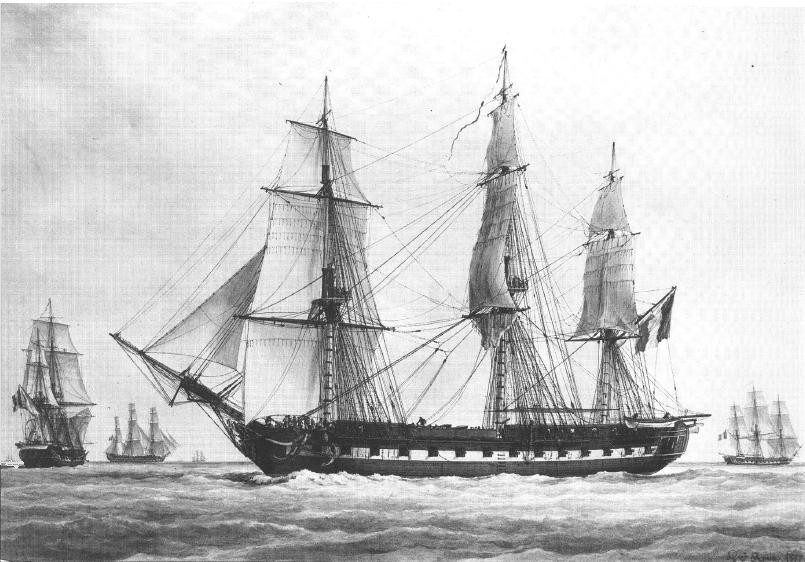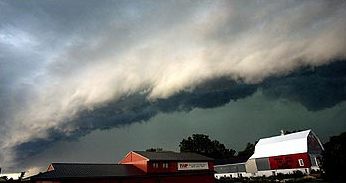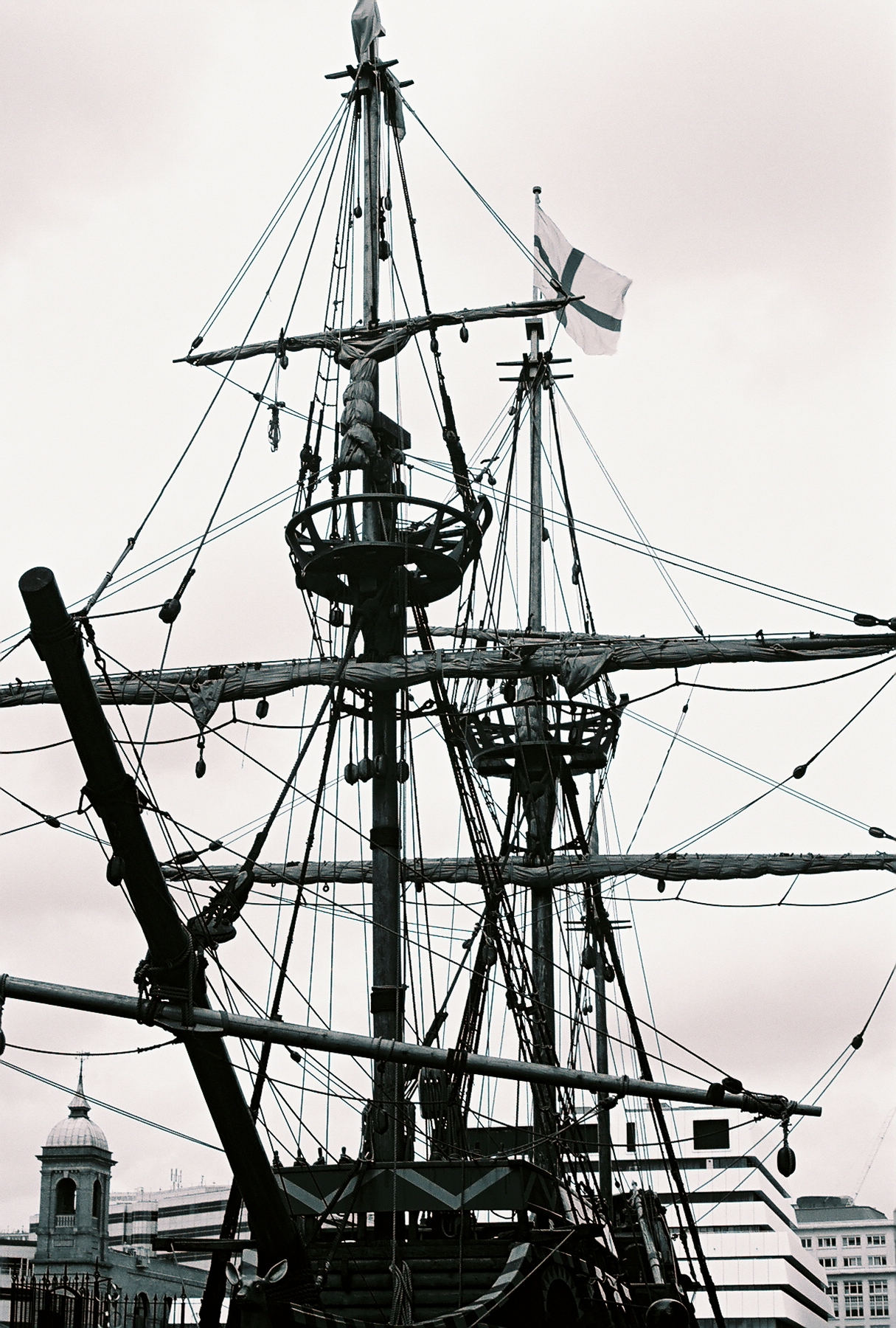|
USS Alliance (1778)
The first ''Alliance'' of the United States Navy (which served as part of the Continental Navy) was a 36-gun sailing frigate of the American Revolutionary War. Originally named ''Hancock'', she was laid down in 1777 on the Merrimack River at Amesbury, Massachusetts, by the partners and cousins, William and James K. Hackett, launched on 28 April 1778, and renamed ''Alliance'' on 29 May 1778 by resolution of the Continental Congress. Her first commanding officer was Capt. Pierre Landais, a former officer of the French Navy who had come to the New World hoping to become a naval counterpart of Lafayette. The frigate's first captain was widely accepted as such in America. Massachusetts made him an honorary citizen and the Continental Congress gave him command of ''Alliance'', thought to be the finest warship built to that date on the western side of the Atlantic. 1779 The new frigate's first assignment was to carry Lafayette back to France to petition the French Court for increase ... [...More Info...] [...Related Items...] OR: [Wikipedia] [Google] [Baidu] |
Frigate
A frigate () is a type of warship. In different eras, the roles and capabilities of ships classified as frigates have varied. The name frigate in the 17th to early 18th centuries was given to any full-rigged ship built for speed and maneuverability, intended to be used in scouting, escort and patrol roles. The term was applied loosely to ships varying greatly in design. In the second quarter of the 18th century, what is now generally regarded as the 'true frigate' was developed in France. This type of vessel was characterised by possessing only one armed deck, with an unarmed deck below it used for berthing the crew. Late in the 19th century (British and French prototypes were constructed in 1858), a type of powerful ironclad warships was developed, and because they had a single gun deck, the term 'frigate' was used to describe them. Later developments in ironclad ships rendered the 'frigate' designation obsolete and the term fell out of favour. During the Second World War ... [...More Info...] [...Related Items...] OR: [Wikipedia] [Google] [Baidu] |
Prize (law)
In admiralty law prizes (from the Old French ''prise'', "taken, seized") are Military equipment">equipment, vehicles, Marine vessel, vessels, and cargo captured during armed conflict. The most common use of ''prize'' in this sense is the capture of an enemy ship and its cargo as a prize of war. In the past, the capturing force would commonly be allotted a share of the worth of the captured prize. Nations often granted letters of marque that would entitle private parties to capture enemy property, usually ships. Once the ship was secured on friendly territory, it would be made the subject of a prize case: an '' in rem'' proceeding in which the court determined the status of the condemned property and the manner in which the property was to be disposed of. History and sources of prize law In his book ''The Prize Game'', Donald Petrie writes, "at the outset, prize taking was all smash and grab, like breaking a jeweler's window, but by the fifteenth century a body of guiding rule ... [...More Info...] [...Related Items...] OR: [Wikipedia] [Google] [Baidu] |
Bergen
Bergen (, ) is a city and municipalities of Norway, municipality in Vestland county on the Western Norway, west coast of Norway. Bergen is the list of towns and cities in Norway, second-largest city in Norway after the capital Oslo. By May 2025 the population is 294 029 according to Statistics Norway. The municipality covers and is on the peninsula of Bergenshalvøyen. The city centre and northern neighbourhoods are on Byfjorden (Hordaland), Byfjorden, 'the city fjord'. The city is surrounded by mountains, causing Bergen to be called the "city of Seven Mountains, Bergen, seven mountains". Many of the extra-municipal suburbs are on islands. Bergen is the administrative centre of Vestland county. The city consists of eight boroughs: Arna, Bergen, Arna, Bergenhus, Fana, Bergen, Fana, Fyllingsdalen, Laksevåg, Ytrebygda, Årstad, Bergen, Årstad, and Åsane. Trading in Bergen may have started as early as the 1020s. According to tradition, the city was founded in 1070 by King Ol ... [...More Info...] [...Related Items...] OR: [Wikipedia] [Google] [Baidu] |
Bergen Prizes
The Bergen Prizes were three British merchantmen (Betsy, Union, and Charming Polly) that were captured by Captain Pierre Landais of the USS ''Alliance'' and John Paul Jones of the USS ''Bonhomme Richard'' in 1779. Landais, who had had numerous disagreements with Jones over the command of the squadron in European waters, sent the vessels to Bergen, Norway. Once there, they were repaired and handed back to the British consul, depriving their captors of the satisfaction of having hurt the enemy and of any hope of being rewarded for their efforts.. However, the subject of indemnity was broached by Jones, who turned up in person at Copenhagen. Ultimately, no payment was made by the Danish government due to the existence of a treaty signed between the English and Danish governments in 1660 that obligated Denmark to England. As a result, no reward was given to the captains or crew of the United States vessels responsible for the capture of the merchantmen until the United States Congress r ... [...More Info...] [...Related Items...] OR: [Wikipedia] [Google] [Baidu] |
Scotland
Scotland is a Countries of the United Kingdom, country that is part of the United Kingdom. It contains nearly one-third of the United Kingdom's land area, consisting of the northern part of the island of Great Britain and more than 790 adjacent Islands of Scotland, islands, principally in the archipelagos of the Hebrides and the Northern Isles. To the south-east, Scotland has its Anglo-Scottish border, only land border, which is long and shared with England; the country is surrounded by the Atlantic Ocean to the north and west, the North Sea to the north-east and east, and the Irish Sea to the south. The population in 2022 was 5,439,842. Edinburgh is the capital and Glasgow is the most populous of the cities of Scotland. The Kingdom of Scotland emerged as an independent sovereign state in the 9th century. In 1603, James VI succeeded to the thrones of Kingdom of England, England and Kingdom of Ireland, Ireland, forming a personal union of the Union of the Crowns, three kingdo ... [...More Info...] [...Related Items...] OR: [Wikipedia] [Google] [Baidu] |
Cape Wrath
Cape Wrath (, known as ' in Lewis) is a cape in the Durness parish of the county of Sutherland in the Highlands of Scotland. It is the most north-westerly point in Great Britain. The cape is separated from the rest of the mainland by the Kyle of Durness and consists of of moorland wilderness known as the Parph. The first road was built in 1828 by the lighthouse commission across the Parph/Durness. This road connects a passenger ferry that crosses the Kyle of Durness with the buildings on the peninsula. Much of the cape is owned by the Ministry of Defence and is used as a military training area, including as live firing range. Areas of it are also designated as a Site of Special Scientific Interest, a Special Protection Area, a Special Area of Conservation and a Special Landscape Area. Etymology The name Cape Wrath is derived from Old Norse ' ("turning point"), accordingly, ''wrath'' is pronounced (''a'' as in ''cat''). [...More Info...] [...Related Items...] OR: [Wikipedia] [Google] [Baidu] |
Letter-of-marque
A letter of marque and reprisal () was a government license in the Age of Sail that authorized a private person, known as a privateer or corsair, to attack and capture vessels of a foreign state at war with the issuer, licensing international military operations against a specified enemy as reprisal for a previous attack or injury. Captured naval prizes were judged before the government's admiralty court for condemnation and transfer of ownership to the privateer. A common practice among Europeans from the late Middle Ages to the 19th century, cruising for enemy prizes with a letter of marque was considered an honorable calling that combined patriotism and profit. Such legally authorized privateering contrasted with unlicensed captures of random ships, known as piracy, which was universally condemned. In practice, the differences between privateers and pirates were sometimes slight, even merely a matter of interpretation. The terms "letter of marque" and "privateer" were s ... [...More Info...] [...Related Items...] OR: [Wikipedia] [Google] [Baidu] |
Squall
A squall is a sudden, sharp increase in wind speed lasting minutes, as opposed to a wind gust, which lasts for only seconds. They are usually associated with active weather, such as rain showers, thunderstorms, or heavy snow. Squalls refer to the increase of the sustained winds over that time interval, as there may be higher gusts during a squall event. They usually occur in a region of strong sinking air or cooling in the mid-atmosphere. These force strong localized upward motions at the leading edge of the region of cooling, which then enhances local downward motions just in its wake. Etymology There are different versions of the word's origins: * By one version, the word appears to be Nordic in origin, but its etymology is considered obscure. It probably has its roots in the word ''skvala'' an Old Norse word meaning literally ''to squeal''. * By another version, it is an alteration of ''squeal'' influenced by ''bawl''. Character of the wind The term "squall" is used to refe ... [...More Info...] [...Related Items...] OR: [Wikipedia] [Google] [Baidu] |
British Isles
The British Isles are an archipelago in the Atlantic Ocean, North Atlantic Ocean off the north-western coast of continental Europe, consisting of the islands of Great Britain, Ireland, the Isle of Man, the Inner Hebrides, Inner and Outer Hebrides, Outer Hebrides, the Northern Isles (Orkney and Shetland), and over six thousand smaller islands. They have a total area of and a combined population of almost 72 million, and include two sovereign states, the Republic of Ireland (which covers roughly five-sixths of Ireland), and the United Kingdom, United Kingdom of Great Britain and Northern Ireland. The Channel Islands, off the north coast of France, are normally taken to be part of the British Isles, even though geographically they do not form part of the archipelago. Under the UK Interpretation Act 1978, the Channel Islands are clarified as forming part of the British Islands, not to be confused with the British Isles. The oldest rocks are 2.7 billion years old and are ... [...More Info...] [...Related Items...] OR: [Wikipedia] [Google] [Baidu] |
Rigging
Rigging comprises the system of ropes, cables and chains, which support and control a sailing ship or sail boat's masts and sails. ''Standing rigging'' is the fixed rigging that supports masts including shrouds and stays. ''Running rigging'' is rigging which adjusts the position of the vessel's sails and spars including halyards, braces, sheets and vangs. Etymology According to the Encyclopædia Britannica Eleventh Edition "rigging" derives from Anglo-Saxon ''wrigan'' or ''wringing'', "to clothe". The same source points out that "rigging" a sailing vessel refers to putting all the components in place to allow it to function, including the masts, spars, sails and the rigging. History Theophrastus in his '' History of Plants'' ( 300 BCE) states that the rigging on King Antigonus' fleet was made from papyrus reed. Types of rigging Rigging is divided into two classes, ''standing'', which supports the mast (and bowsprit), and ''running'', which controls the orienta ... [...More Info...] [...Related Items...] OR: [Wikipedia] [Google] [Baidu] |
Bordeaux
Bordeaux ( ; ; Gascon language, Gascon ; ) is a city on the river Garonne in the Gironde Departments of France, department, southwestern France. A port city, it is the capital of the Nouvelle-Aquitaine region, as well as the Prefectures in France, prefecture of the Gironde department. Its inhabitants are called "''Bordelais'' (masculine) or "''Bordelaises'' (feminine). The term "Bordelais" may also refer to the city and its surrounding region. The city of Bordeaux proper had a population of 259,809 in 2020 within its small municipal territory of , but together with its suburbs and exurbs the Bordeaux Functional area (France), metropolitan area had a population of 1,376,375 that same year (Jan. 2020 census), the sixth-most populated in France after Paris, Lyon, Marseille, Lille, and Toulouse. Bordeaux and 27 suburban municipalities form the Bordeaux Métropole, Bordeaux Metropolis, an Indirect election, indirectly elected Métropole, metropolitan authority now in charge of wi ... [...More Info...] [...Related Items...] OR: [Wikipedia] [Google] [Baidu] |
Lorient
Lorient (; ) is a town (''Communes of France, commune'') and Port, seaport in the Morbihan Departments of France, department of Brittany (administrative region), Brittany in western France. History Prehistory and classical antiquity Beginning around 3000 BC, settlements in the area of Lorient are attested by the presence of Megalith, megalithic architecture. Ruins of Roman roads (linking Vannes to Quimper and Port-Louis, Morbihan, Port-Louis to Carhaix) confirm Gallo-Roman presence. Founding In 1664, Jean-Baptiste Colbert founded the Louis XIV's East India Company, French East Indies Company. In June 1666, an Ordonnance, ordinance of Louis XIV of France, Louis XIV granted lands of Port-Louis, Morbihan, Port-Louis to the company, along with Faouédic on the other side of the roadstead. One of its directors, Denis Langlois, bought lands at the confluence of the Scorff and the Blavet rivers, and built slipways. At first, it only served as a subsidiary of Port-Louis, where o ... [...More Info...] [...Related Items...] OR: [Wikipedia] [Google] [Baidu] |










